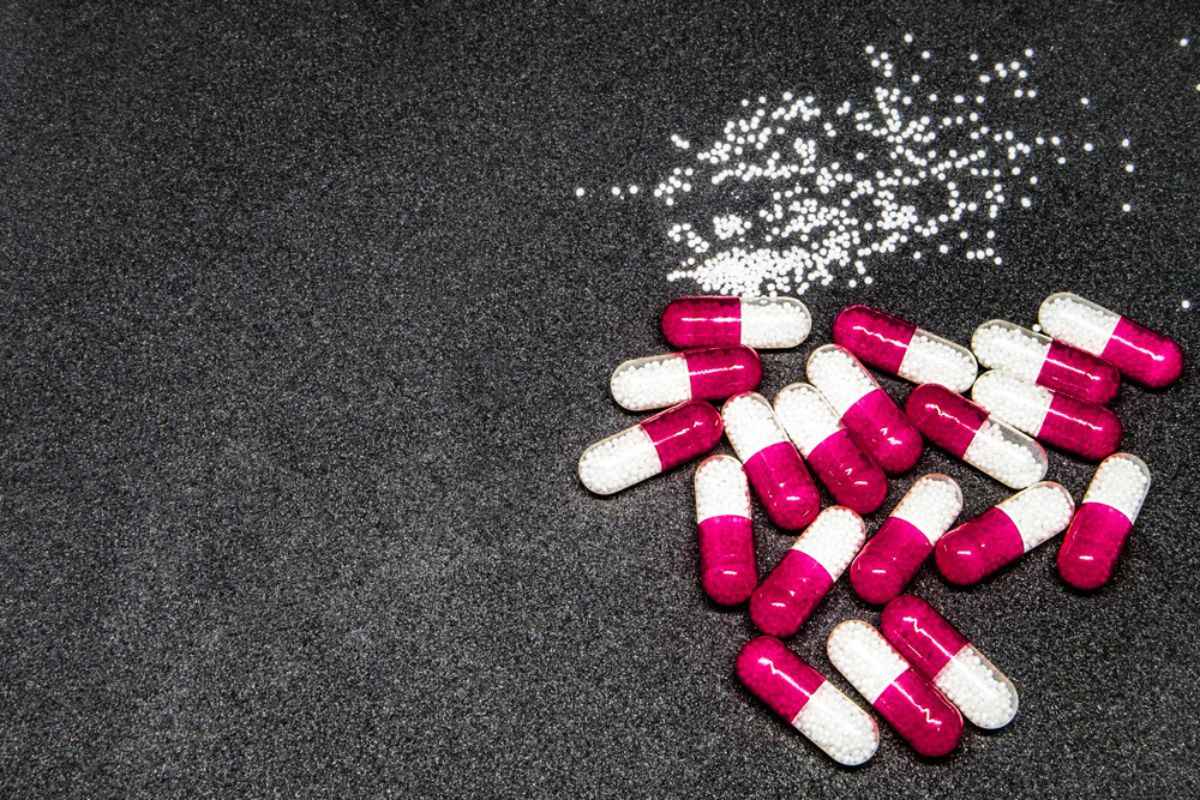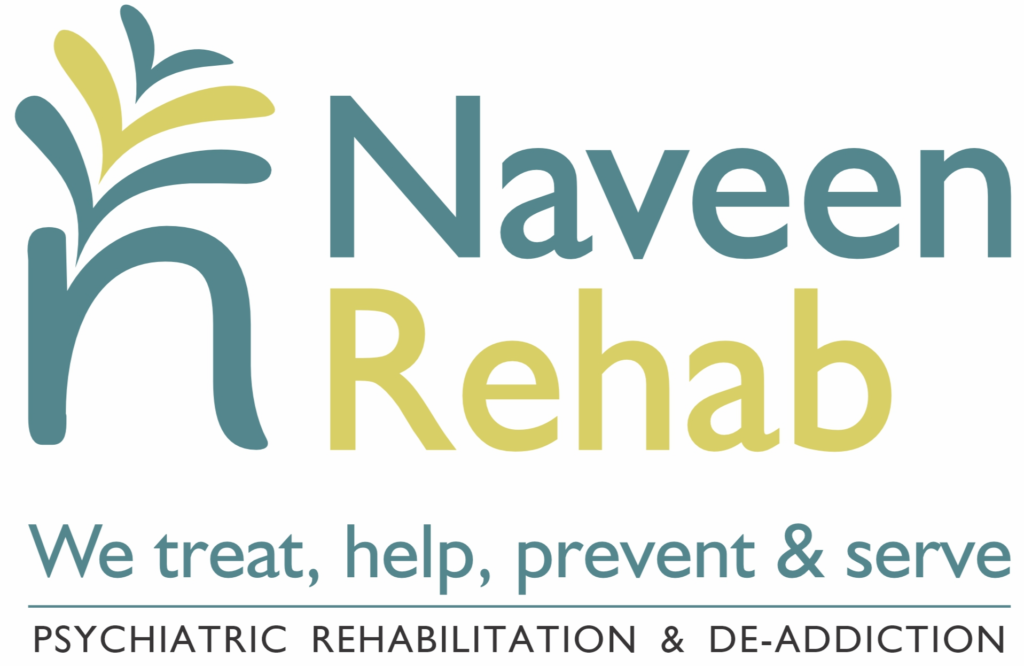
Understanding Drug De-addiction: What You Need to Know
Drug addiction is a complex condition that affects both the brain and behavior, leading individuals to compulsively seek and use substances despite harmful consequences. It often requires a comprehensive approach to overcome, beginning with recognizing the issue and seeking substance abuse treatment. This involves detoxification, behavioral therapy, counseling, and sometimes medication to manage withdrawal symptoms and cravings. Understanding addiction is key to realizing that it is not merely a lack of willpower but a chronic disease requiring long-term care. The recovery process is gradual, involving several stages of change, support from family and professionals, and addressing underlying psychological issues. Drug rehabilitation centers play a crucial role in this journey, offering a structured environment where individuals can focus on healing. With persistence and proper guidance, recovery is achievable, providing a pathway to a healthier, drug-free life.
The Signs of Addiction: Recognizing the Need for Help
Recognizing the warning signs of addiction is crucial for early intervention and effective treatment. Addiction often manifests through noticeable behavioral changes, such as neglecting responsibilities, withdrawing from loved ones, or engaging in risky activities to obtain substances. Physically, individuals may experience changes in appetite, sleep disturbances, or unexplained weight fluctuations. Other physical symptoms can include frequent illness or unusual fatigue. Additionally, addiction can cause severe psychological effects, such as anxiety, depression, mood swings, and irritability. When these signs persist, it’s critical to know when to seek help. Early detection and intervention increase the chances of a successful recovery. If you or someone you know exhibits these symptoms, contacting a healthcare professional or a rehabilitation center can be a life-changing step towards healing.
Effective Treatment Options for Drug De-addiction
Overcoming addiction requires a multifaceted approach, and various rehabilitation programs offer pathways to recovery. Two primary options include outpatient vs. inpatient treatment. Inpatient programs provide 24/7 care in a structured environment, ideal for severe addiction cases. Outpatient treatment offers flexibility, allowing patients to receive care while continuing their daily lives. The detoxification process is typically the first step, where the body eliminates harmful substances under medical supervision. Post-detox therapy options like Cognitive Behavioral Therapy (CBT) and Dialectical Behavior Therapy (DBT) help address the emotional and psychological aspects of addiction. Additionally, medication-assisted treatment (MAT) can ease withdrawal symptoms and reduce cravings, increasing the chances of long-term recovery. Each of these treatments plays a crucial role in creating a personalized recovery plan, ensuring that individuals have the support they need to regain control of their lives.
The Role of Support Systems in Successful Recovery
A strong support system is critical for successful addiction recovery. Family support in recovery offers emotional strength, stability, and accountability, helping individuals stay motivated during difficult times. Beyond family, support groups like Alcoholics Anonymous (AA) or Narcotics Anonymous (NA) provide a safe space for sharing experiences and gaining insights from others facing similar challenges. Friends also play a vital role, offering encouragement and reducing feelings of isolation. Building a broader support network—including mentors, counselors, and healthcare professionals—can further enhance recovery efforts. Additionally, community resources for addicts, such as rehabilitation centers and outreach programs, provide essential tools and guidance throughout the recovery journey. These collective sources of support are often key to preventing relapse and fostering long-term sobriety, ensuring individuals never face their battle alone.
Sustaining Long-term Recovery: Strategies and Tips
Maintaining sobriety after treatment requires a proactive approach, incorporating several relapse prevention techniques to stay on track. One of the most effective strategies is adopting healthy lifestyle changes after rehab, such as engaging in regular exercise, following a balanced diet, and creating a structured daily routine. Developing strong coping mechanisms for triggers and cravings is also essential. Techniques like mindfulness, deep breathing, and journaling can help manage emotional stressors that may otherwise lead to relapse. Additionally, building a solid support network and regularly attending counseling or therapy sessions can provide ongoing guidance. By practicing these maintaining sobriety strategies, individuals can confidently navigate the challenges of long-term recovery and prevent relapse, ensuring a stable, healthy future.
Finding Professional Help: Choosing the Right Facility or Program
Selecting the right rehab center is a critical step in the recovery process. When looking for a rehab center near you, it’s important to evaluate key factors such as costs, services offered, and location. Affordability is a big consideration, as treatment can be expensive, but many centers offer flexible payment plans or insurance options. The services provided should align with your needs—whether it’s inpatient, outpatient care, or specialized therapies. Proximity to your home can also be crucial for maintaining family support throughout recovery. Exploring online resources for finding help, such as treatment directories and reviews, can provide valuable insights and help narrow down your options. Additionally, consulting with medical professionals or addiction counselors can guide you in making an informed choice. Choosing a facility that feels like the right fit increases the chances of successful treatment and long-term recovery, ensuring you receive the proper care and support to reclaim your life from addiction.
Conclusion: Take the First Step Towards a Drug-Free Life Today!
Embarking on the journey to recovery from addiction can be daunting, but it is also incredibly rewarding. Taking the first step by seeking professional help is crucial in overcoming the challenges of substance abuse. By finding the right treatment facility that aligns with your needs, you are investing in your future and well-being. Remember, you don’t have to face this journey alone; support systems, including friends, family, and professional counselors, can make a significant difference. Embrace the opportunity to reclaim your life, improve your mental and physical health, and cultivate fulfilling relationships. The path to a drug-free life is within your reach—take that first step today and pave the way for a brighter, healthier future


